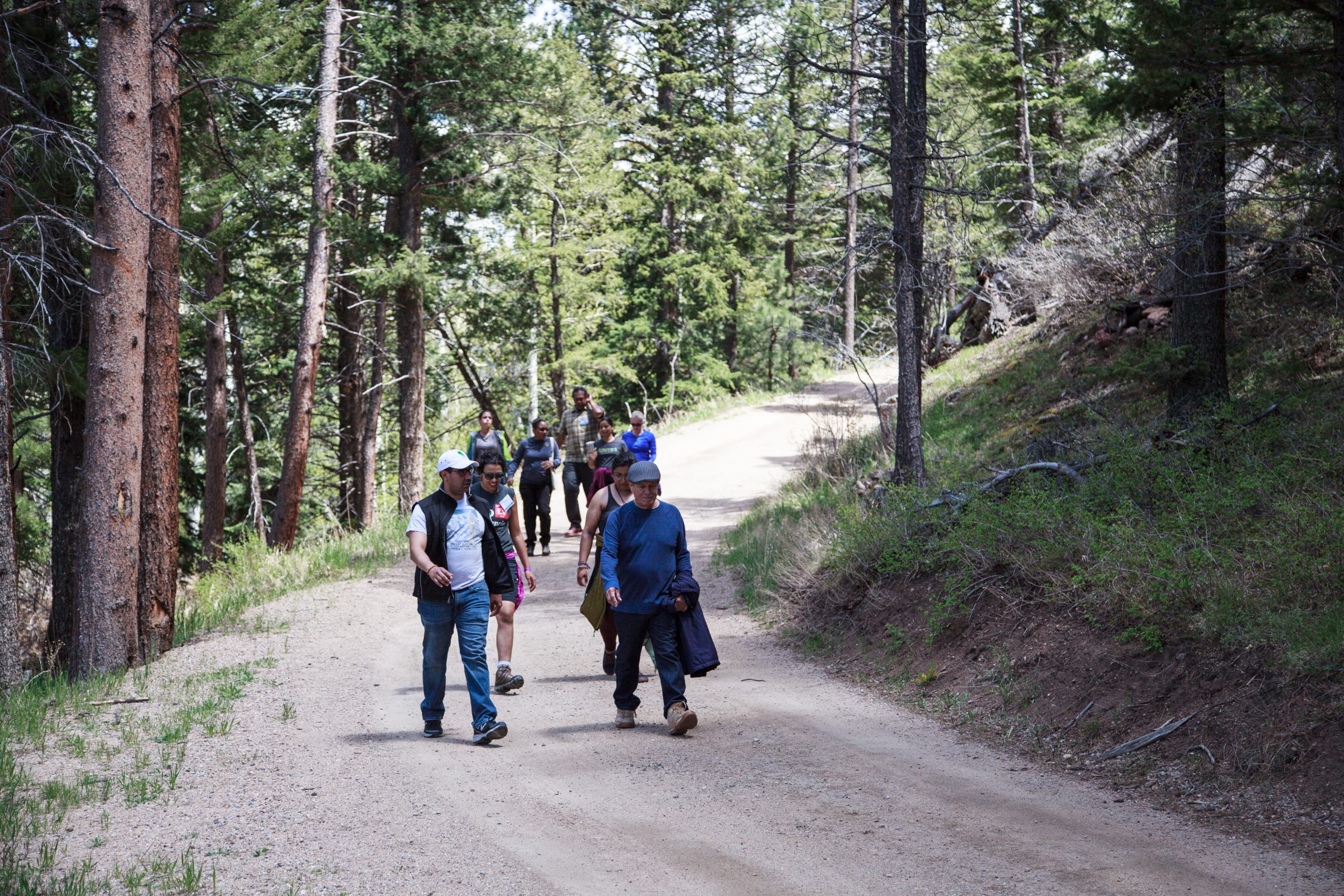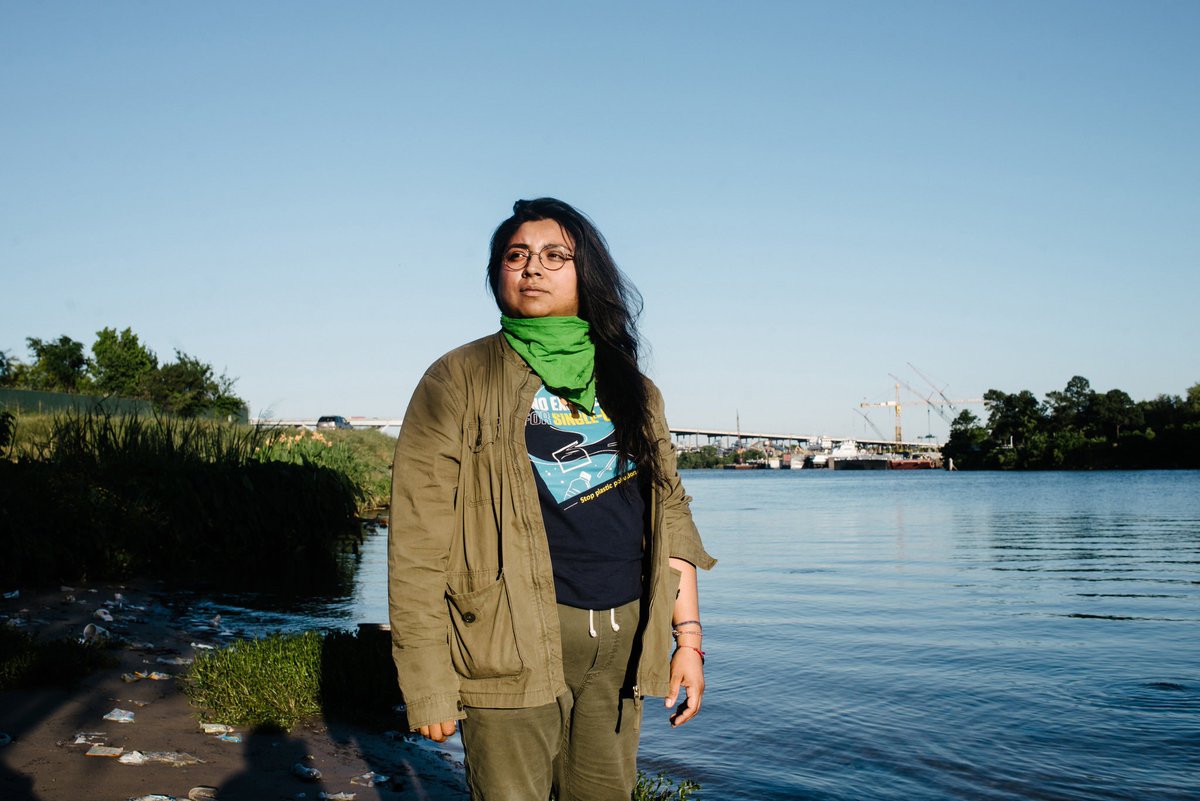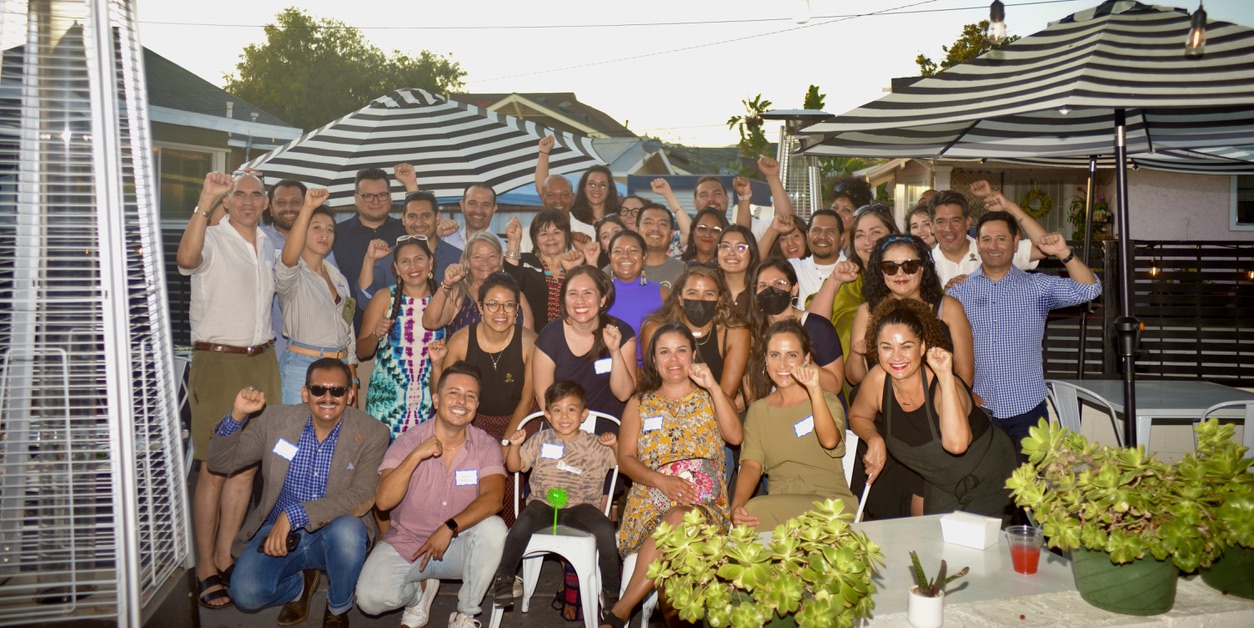Calling for an End to Routine Flaring Nationwide
We live in U.S. oil and gas development zones, surrounded by facilities leaking air pollutants like methane. Each of us lives in a remote part of Texas. Neta is in the West Permian Basin region and Virginia in the Eagle Ford Shale region. While we live on two completely different ends of the state, our respective struggles as an Indigenous woman and a woman of color reverberate.
Methane pollution released from oil and gas facilities speeds up global warming and ground-level ozone formation. This type of pollution lingers in our backyards and has been linked to cancer and aggravated respiratory conditions, like asthma. And, there are no air quality monitors in the rural areas where we live.
With weaker methane safeguards finalized by the Environmental Protection Agency (EPA) under the Trump Administration last month, companies have less incentive to find and fix methane leaks. This will worsen climate change and air pollution, especially for communities of color which are already disproportionately affected because of environmental racism.
Neta, who lives in Toyahvale, Texas, is an enrolled member of the Cherokee Nation. Twenty-seven years ago, Neta was diagnosed with terminal lung cancer when her son was 11 years old. After she completed treatment, she and her husband made Toyahvale their permanent home, believing this community 194 miles from urban El Paso was safe from air pollution.
That was not the case.
Emissions from nearby oil and gas wells make it difficult for Neta to breathe and even walk outside. Her three asthma-afflicted grandsons suffer similar struggles just two hours away in Midland.
According to the Clean Air Task Force's 2015 report, Midland County had the fifth-highest fifth highest incidence in the U.S. of asthma attacks in children that are related to air pollution from oil and gas. The Permian Basin and the Eagle Ford Shale are home to Latinx and Indigenous populations above the national average, and have the highest rates of venting and flaring from oil and gas wells in the state.
The growth of the fossil fuel industry in this area is destroying a desert oasis and polluting our air with toxic chemicals – robbing Neta, her community, and her family of their right to breathe clean air.
Virginia, a ninth-generation Tejana, lives on her family’s ranch in Webb County more than 400 miles away from Neta's home. Continuing Virginia's family’s legacy on the land is becoming less practical by the day. Virginia has often questioned whether she could safely become pregnant and raise a family in a region heavy with oil and gas production.
A recent peer-reviewed study conducted in the Eagle Ford Shale found that the odds of preterm birth were 50 percent higher for women who were exposed to 10 or more flares over the course of their pregnancy, with the impact of flaring falling entirely on Latinx mothers. For Virginia, knowing that her odds of complications with pregnancy are higher – and that companies and regulators aren’t doing anything to stop the pollution – has her feeling trapped.
Because of the EPA methane rule rollbacks, and without meaningful federal or state safeguards to prevent venting and flaring, Texans like us will continue to be exposed to harmful air pollution from nearby oil and gas facilities, and even more people will suffer because of the harmful emissions they release.
While we work to protect our families and communities, the Railroad Commission of Texas (RRC) – the state agency that regulates oil and gas – has not proposed any changes that will meaningfully reduce the problem of venting and flaring. According to the U.S. Department of Energy, Texas is responsible for the majority of vented and flared gas in the country. In the last seven years, the RRC has not denied one of the 27,000 venting and flaring requests that it has received.
The EPA has already dismissed our communities by gutting methane safeguards when it should be strengthening them. An article by Hiroko Tabuchi in the New York Times reports that industry groups knew that the egregious rates of venting and flaring negate the climate benefits natural gas typically touts as a “cleaner” burning fuel. Moreover, these organizations were concurrently lobbying for methane rule rollbacks.
As people living with the pollution caused by the lack of regulation and enforcement, we demand the EPA put an end to routine flaring. In the absence of federal action, we are calling on the RRC to open Texas’ Statewide Rule 32 to end routine flaring no later than 2025. Future generations of Texans and people around the country depend on it.
Neta Rhyne is an enrolled member of the Cherokee Nation and a direct descendent of the ‘Trail of Tears.’ Virginia Palacios is the Climate and Clean Air Advocate for GreenLatinos, a network of Latino environmental and conservation leaders.




